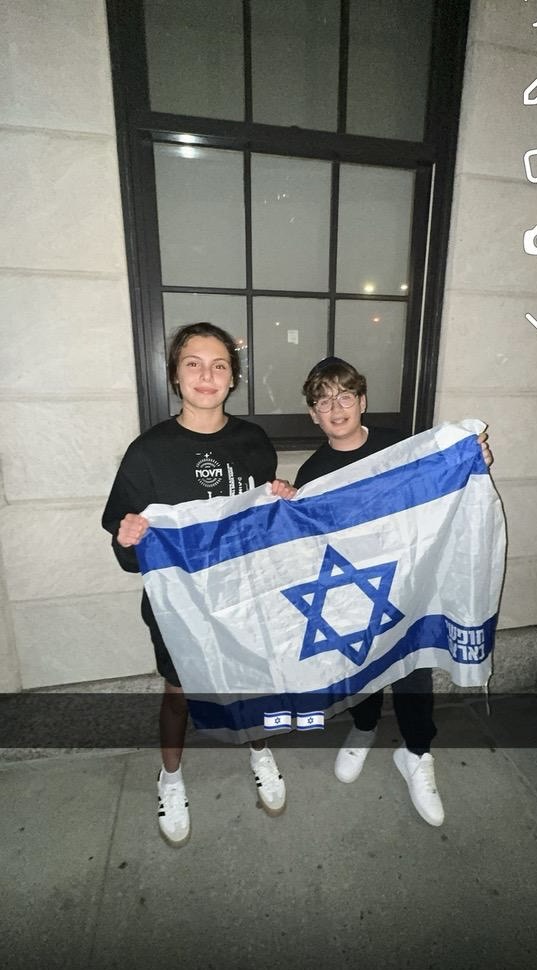I was recently in a doctor’s office. He is a very kind doctor and Nina and I were surprised when he came into the examining room with several noticeable bruises on his face. He explained that he usually bikes to his office in Manhattan from Brooklyn and the day before we saw him, his bike just went sideways and he was thrown off. It was a severe fall–his helmet was broken, and had he not been wearing it, he was sure he would have suffered serious brain trauma or death. He could not find a cause of the accident–the path seemed clear, there were no obstructions and nothing else that he could think of caused the fall. He required stitches in several areas and talked about the fact that he was very fortunate to be back in the office a day later with relatively minor bruises.
We asked if anyone came to help him when he was thrown to the ground. He explained that some bikers that were nearby immediately came to his aid and that their efforts to help him were unbelievable. One ran to a nearby store to get ice, one tried to help him lift his head while blood was gushing from his nose and chin. A couple of them helped him get to a hospital nearby, rather than wait for an ambulance. He mentioned that after they got him to the hospital’s emergency room, they left and went on their way.
He has no idea who they are, where they are from, or anything else about them–other than the fact that they immediately came to the aid of a total stranger. He then mentioned a concept that I had heard of many times, but had never really thought a great deal about, “The Banality of Evil.” After the trial of Adolf Eichmann in Jerusalem in 1963, Hannah Arendt published a book entitled “Eichmann in Jerusalem: A Report on the Banality of Evil.”
While we sometimes think of the people who manned the Nazi concentration camps as horribly sick and worse than animals, most of them were ordinary human beings who simply accepted the premises of their state, and participated in one of the most atrocious behaviors carried out by man against man. And in many ways, it was similar to the countless episodes of unspeakable horror, torture, and savagery that have been perpetrated since the beginnings of time by human beings against other human beings, including the recent venomous depravity of beheadings in front of cameras.
But the doctor then referred to what he called “the banality of goodness,” when talking about those that just happened to be nearby and rushed to his aid. They don’t think of themselves as heroes, they were just nearby and had to help. And then they went on their way to continue their day.
So it is with heroes, they are people who just happen to be in the presence of a crisis and rush to help. The truth is that when there are many other people nearby, people generally don’t help! If you are stuck on a busy highway, you will likely be standing there for many hours until perhaps a police car happens by (that’s a rule; you generally don’t see police when you want them). So the banality of goodness is more correct when there are fewer people nearby. In the doctor’s case, people stopped despite the presence of others. So the doctor being helped was remarkable. But remarkable or banal, helping is what transforms us from the ordinary to the truly special.
Why can’t we all be heroes? We don’t need a major disaster to remind us to get involved. What about helping every day as much as we can and make the world an immensely better place.
Please feel free to contact me regarding this (or any) topic. You can do so anonymously by writing to [email protected] Dr. Glick was a clinical psychologist in private practice for 35 years as well as the rabbi of Congregation Ahavat Yisrael in Montreal. If you would like to submit a question, or contact him for an appointment, he can be reached at [email protected] or by calling him at 201-983-1532.
By Rabbi Mordechai Glick













